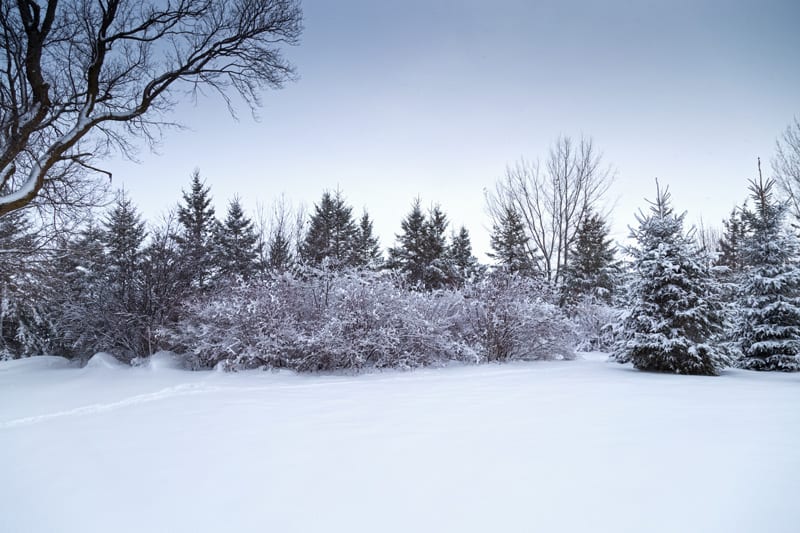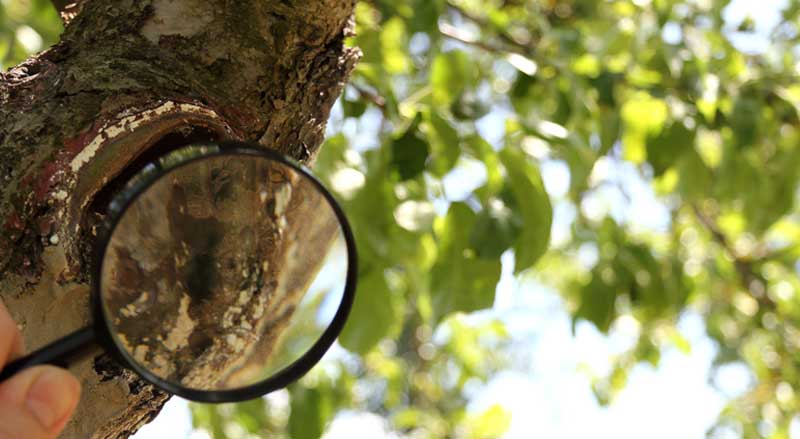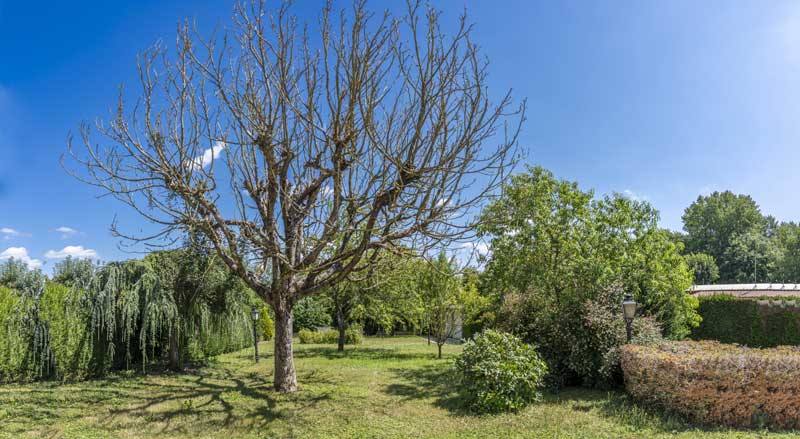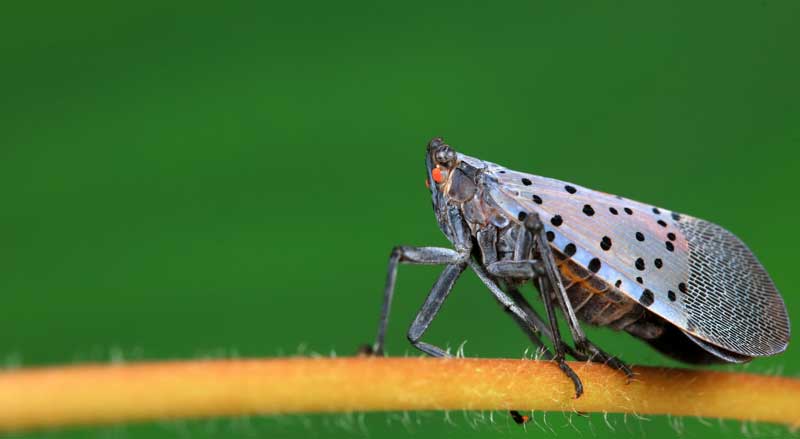Preventing common problems from affecting your trees in winter can protect these valuable landscape assets. There are certain steps you should take now to help give your trees a better chance by preparing your trees for winter in Northern New Jersey.
Do a little judicious pruning
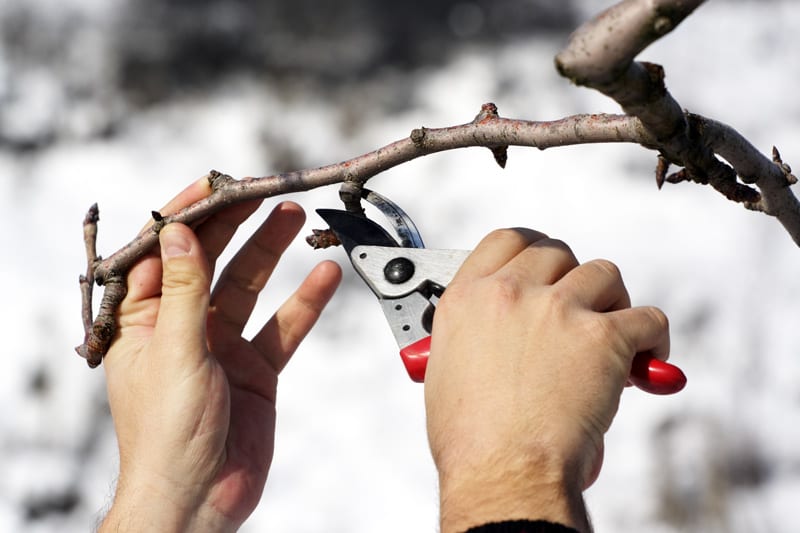
It’s also a good idea to trim away parts that are susceptible to storm damage. A nice clean cut from a pruning saw is a lot less stressful to the tree than a jagged tear caused by high winds or heavy, wet snow and ice. A professional arborist can recognize structural weaknesses and know which limbs to remove and which to save with cabling or bracing.
Treat your trees to some fall fertilizer
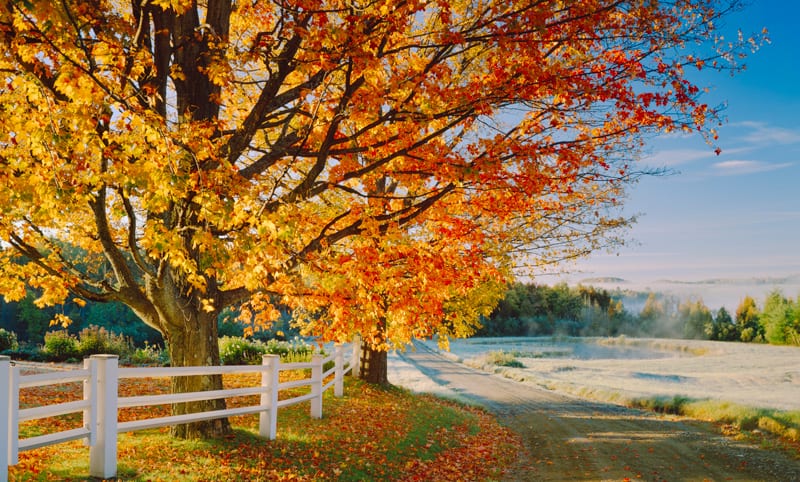
Fall fertilizer improves disease resistance and promotes stronger roots. Any extra nutrients are stored in the roots until needed for strong growth next spring. However, too much of any good thing can be more harmful than helpful. It’s always best to do a soil test first to see which nutrients (if any) your trees need.
Don’t forget to water!
Trees need water all year long and that includes any time the ground isn’t frozen solid. Watering regularly until the ground is frozen will ensure your trees don’t go thirsty throughout the long winter to come.
Tuck them in with mulch
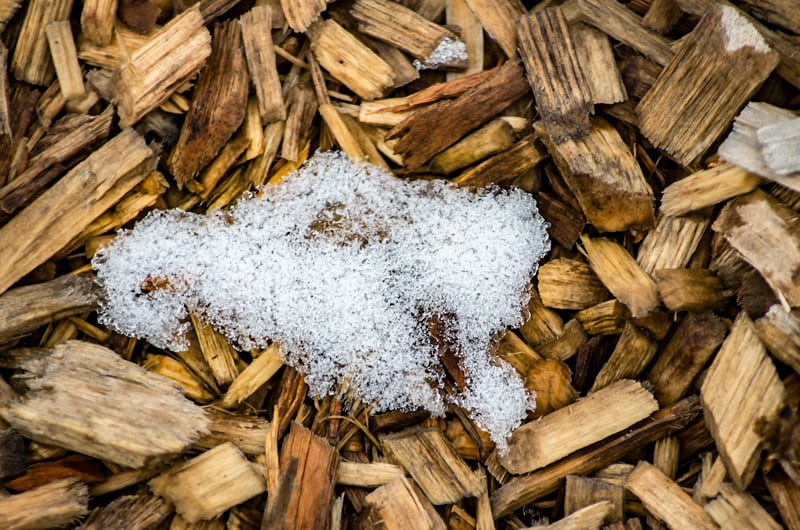
Keep the mulch a few inches away from the trunk to allow your tree to breathe and prevent rodents from damaging your tree. They’re less likely to nibble on the bark if they’re exposed to predators while they’re at it!
Which trees need a little extra care?
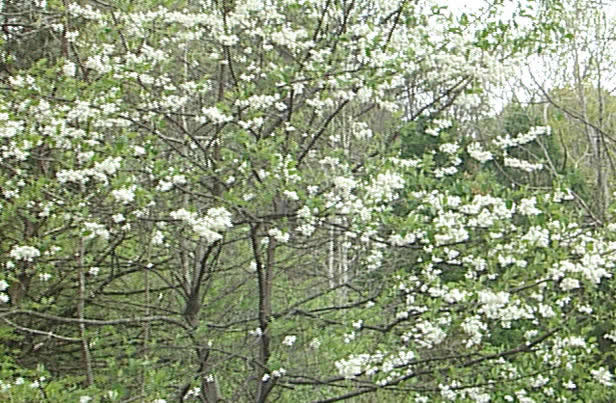
Trees that aren’t native may need a little extra pampering to make it through winter unscathed. Non-native plants in general need more water, fertilizer, pest control, pruning, and protection than native plants.
Some trees need a winter wrap
Trees with thin bark, like many fruit trees, and mature trees on the southwest part of your yard are particularly susceptible to frost cracking. This occurs when daytime and nighttime temperatures fluctuate drastically. Tree blankets can help prevent this damage or at least keep it from getting worse.
Will all this effort pay off?
Absolutely! The time and effort you spend now in preparing your trees for winter will pay off when they burst into healthy growth next Spring! Contact us for more information about preparing your trees for winter. We’re here to help with all your tree care needs!

